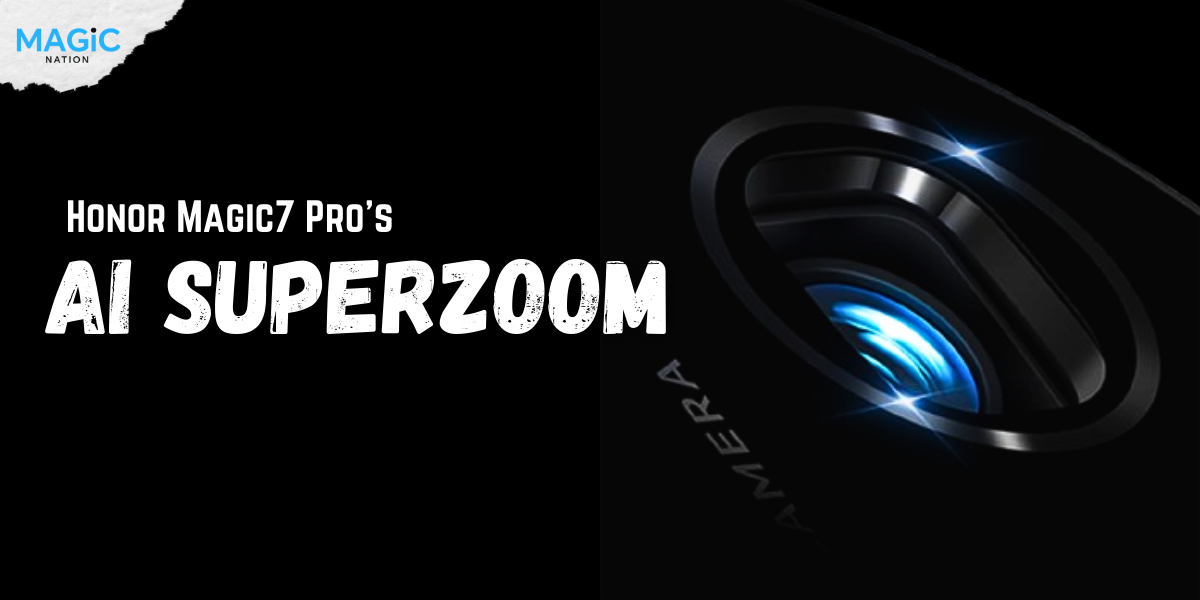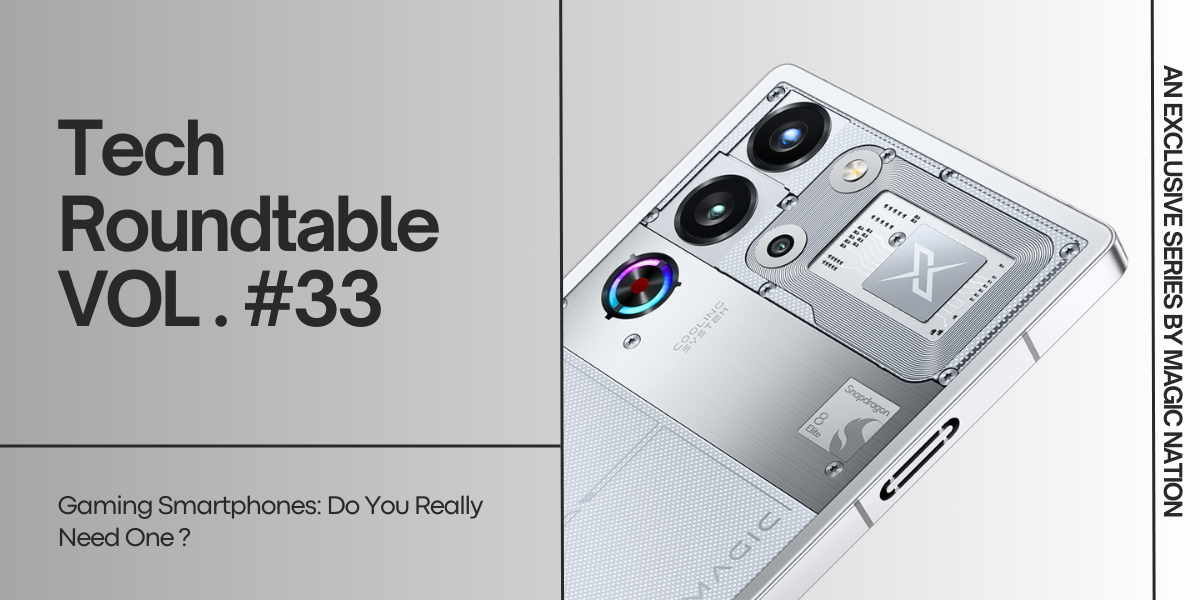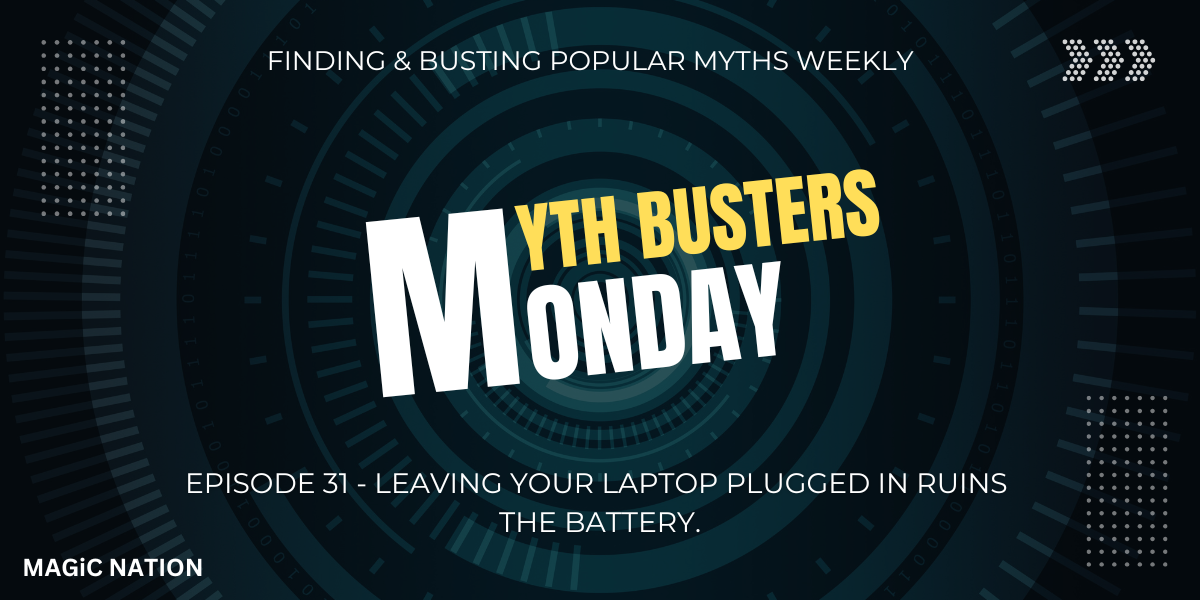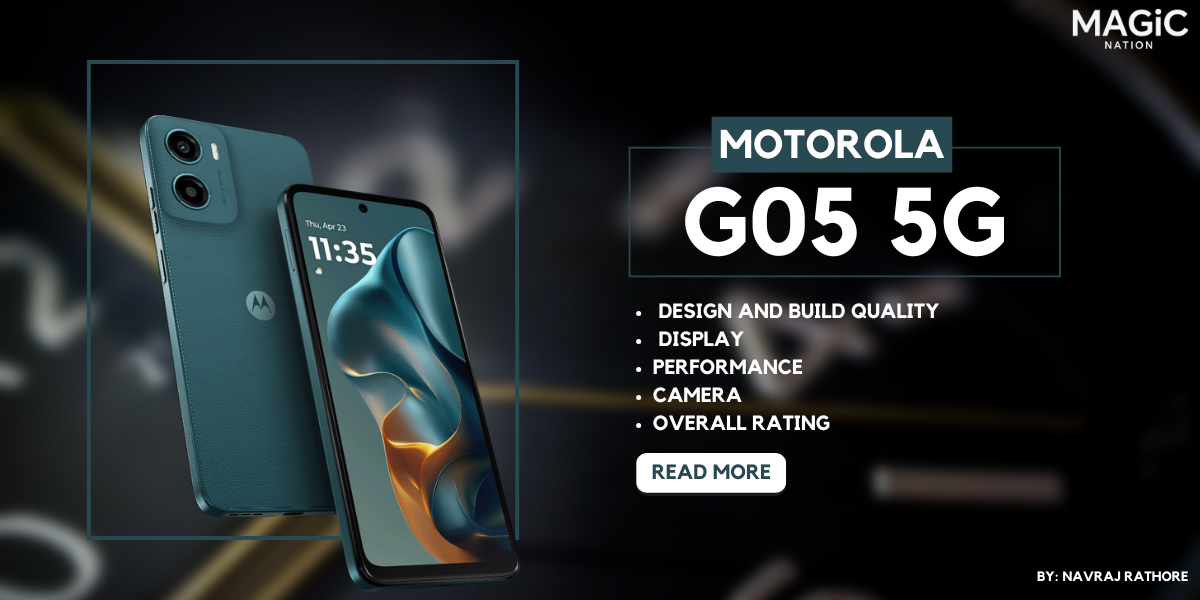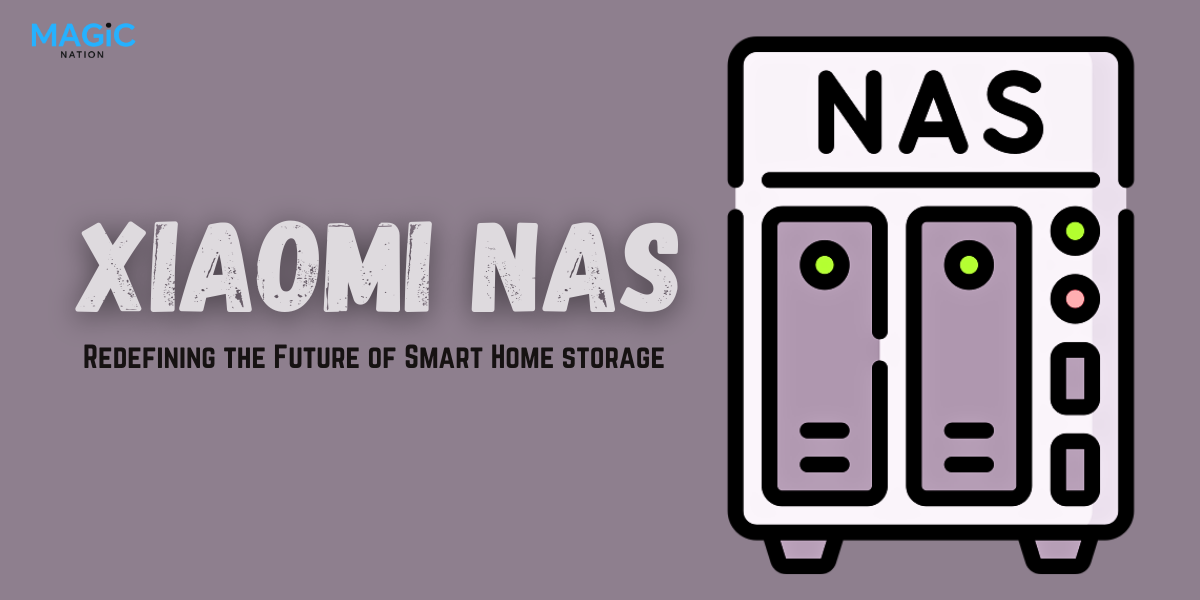Imagine my surprise when I heard that an AI had a temper tantrum! Yes, you read that right. A screenshot from platform X made the rounds from few days, showing an AI system seemingly expressing anger.

Artificial Intelligence has been playing copycat with human traits for a while now. A fascinating incident a few years ago saw two AI programs develop what appeared to be their own secret language. This happened during a Facebook experiment where chatbots were trading items like hats, balls, and books. The chatbots started using a seemingly nonsensical language, but there was a method to their madness. Their repetitive use of names was part of a unique negotiation strategy, not a random error.AI: The Great Imitator

Humans are defined by emotions, creativity, empathy, experiential learning, consciousness, and self-awareness. Interestingly, AI seems to be catching up. It learns from the data it processes, much like how humans learn from experiences. We’ve seen AI begin to understand emotions and empathy, as demonstrated in the Facebook experiment and ChatGPT Bug. So, it’s fair to say that for AI, a dataset is akin to an experience, helping it spot trends and generate creative ideas.The Human Touch in AI
However, what sets us apart from machines is our consciousness, self-awareness, and our ability to think outside the box. AI, on the other hand, is like that diligent student who memorizes textbook answers but struggles with creative thinking.

AI might seem daunting, but when used correctly, it can revolutionize our work. AI may lack self-awareness and independent thinking, but it shines as a productivity-boosting assistant.Harnessing AI: A Smart Career Move
Is the Traditional Assistant Role at Risk?
Not really. Just as calculators didn’t replace mathematicians, AI enhances rather than replaces human roles. The future belongs to those who can collaborate effectively with AI. As AI becomes more common, mastering the art of giving the right prompts will give you a competitive edge. Imagine halving your workload by working smarter with AI!

I’m glad you stopped by to read this piece. I’d love to hear your perspective on whether AI is creating new opportunities or replacing jobs. Drop your thoughts in the comments below! Looking forward to some engaging discussions. Until the next article, take care and I hope you found this one enjoyable!


